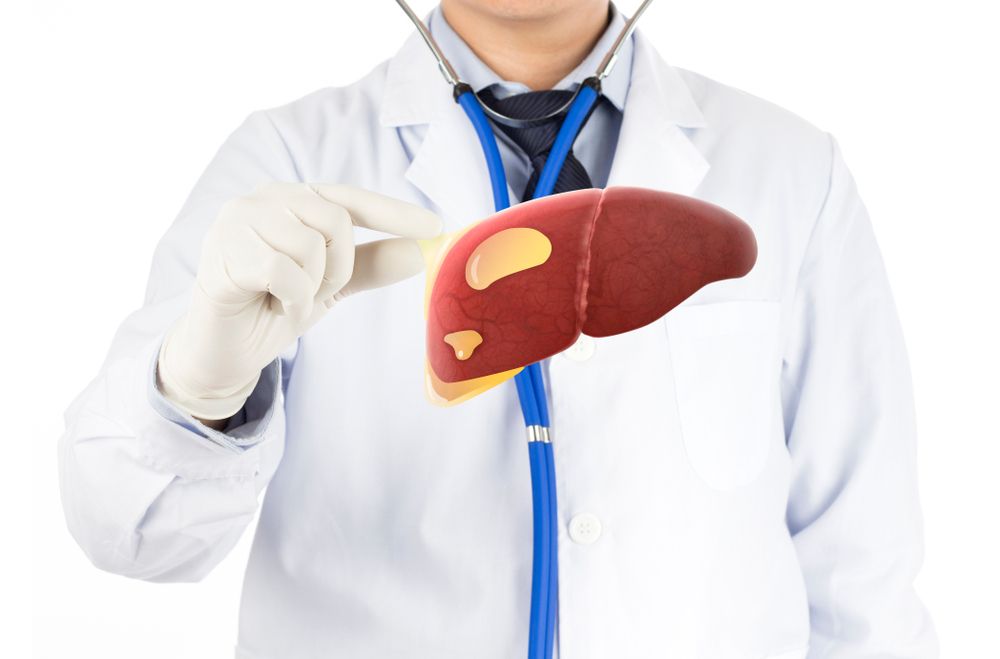Fatty liver, or hepatic steatosis, is an increasingly prevalent condition characterized by excess fat stored in liver cells. It poses significant health risks, including inflammation, liver damage, and potentially cirrhosis or liver failure. This detailed summary delves into the condition's symptoms, risk factors, and a spectrum of treatment options, alongside lifestyle interventions that can mitigate its impact.

Recognizing Fatty Liver
Early-stage fatty liver typically flies under the radar with few to no symptoms. As the condition escalates, individuals might notice fatigue, abdominal discomfort, or unexplained weight changes. The stealthy nature of its onset underscores the importance of regular health screenings for at-risk individuals.
Understanding the Risks
Fatty liver's roots can be traced to various factors, notably obesity, type 2 diabetes, insulin resistance, and high cholesterol. Lifestyle choices, including excessive alcohol intake, also play a critical role. Certain medications and rapid weight changes are additional contributors.
Navigating Treatment Options
Effective management of fatty liver hinges on a blend of lifestyle modifications and medical interventions tailored to individual needs. The primary goal is to curb fat accumulation in the liver, addressing the root causes of the condition.
Lifestyle Adjustments: Key strategies include achieving a healthy weight, embracing a nutritious diet, increasing physical activity, and eliminating alcohol consumption. Such changes not only alleviate liver fat but can significantly enhance overall liver function.
Medical Treatments: While specific medications for fatty liver are yet to gain approval, certain drugs may be prescribed to tackle related issues like insulin resistance and high cholesterol, contingent on individual health assessments.
Surgical Solutions: Liver transplantation emerges as a last-resort option for those with advanced liver damage or failure, subject to eligibility and organ availability.
Choosing the Right Approach
Selecting an appropriate treatment trajectory involves considering the severity of the condition, underlying causes, and personal health profiles. Lifestyle interventions are universally recommended, potentially supplemented by medication for more complex cases. Surgery remains confined to severe scenarios, necessitating comprehensive evaluation.
Empowering Self-Care
In parallel with medical guidance, self-help measures can significantly contribute to managing fatty liver:
Diet and Exercise: A balanced diet and regular exercise are cornerstone strategies, reducing liver fat and bolstering health.
Alcohol and Processed Foods: Minimizing alcohol and processed food intake can prevent further liver aggravation.
Addressing Underlying Conditions: Effectively managing related health issues like obesity and diabetes is crucial in mitigating fatty liver risks.
Concluding Thoughts
Fatty liver demands a proactive approach, integrating professional medical treatment with lifestyle and dietary adjustments. While the path to improvement may vary, understanding the condition, acknowledging its risks, and adopting a comprehensive management plan can pave the way to better liver health and overall well-being. Always consult healthcare professionals to tailor a treatment plan that's right for you, ensuring it aligns with your unique health circumstances.